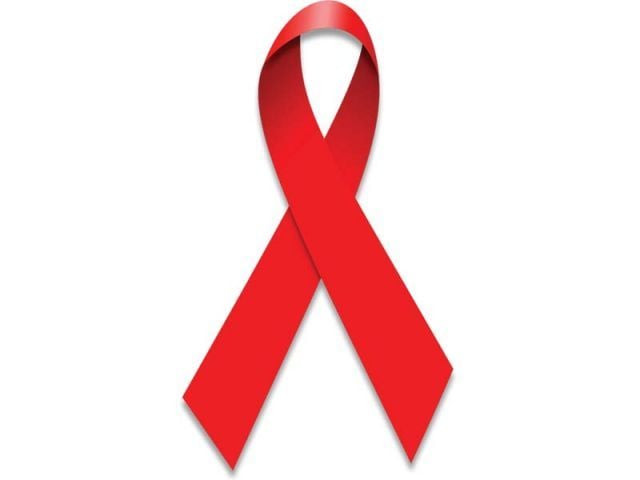The AIDS problem
That Pakistan has an AIDS problem is undeniable, but the size of the problem is far from clear

That Pakistan has an AIDS problem is undeniable, but the size of the problem is far from clear. STOCK IMAGE
When HIV/AIDS was first reported in Pakistan, the initial response was denial, and there was a period in the 1990s when this denial determined policy, allowing the virus a window of opportunity that it exploited. The early primary vectors were sexual activity with boys working as ‘helpers’ in the transport industry. The wives of drivers became infected and they gave birth to infected children. Then intravenous drug users sharing needles entered the picture, then sex workers, generally of which there are probably countless thousands nationally split between full-time, casual and opportunist. Tainted blood used in transfusions and — very occasionally — dental treatment all contributed to the spread. Today the picture is complex, layered, and still dogged by poor public health information and socio-cultural taboos. The HIV/AIDS problem in Pakistan is not going to improve in the foreseeable future despite the government offering free treatment. There is an urgent need for an interprovincial programme aimed at ‘hotspots’ to improve public awareness and chip away at the stigmatisation of sufferers. Pakistan needs to fight HIV/AIDS more effectively and if that means challenging cultural norms and taboos, then so be it.
Published in The Express Tribune, May 13th, 2016.
Like Opinion & Editorial on Facebook, follow @ETOpEd on Twitter to receive all updates on all our daily pieces.















COMMENTS
Comments are moderated and generally will be posted if they are on-topic and not abusive.
For more information, please see our Comments FAQ